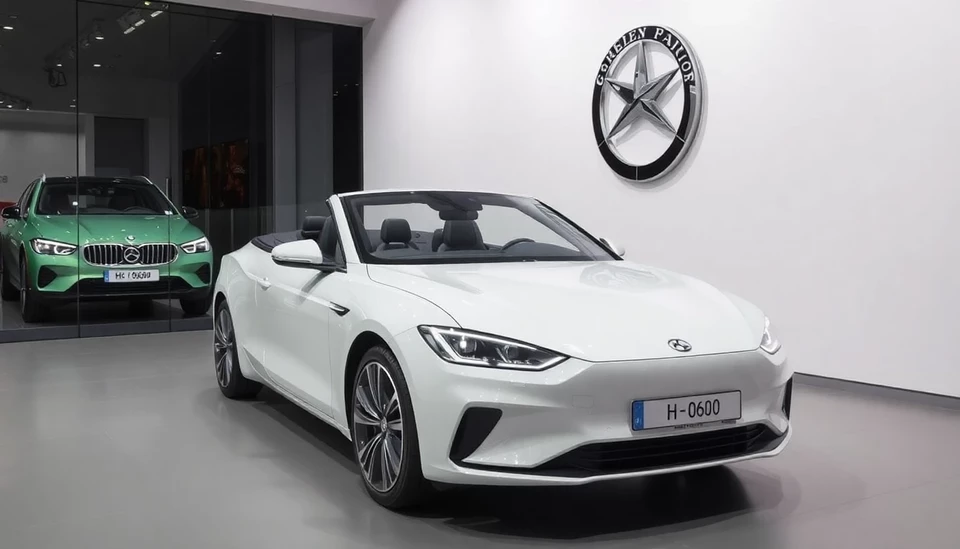
As the German automotive industry faces a plethora of challenges, major players like Porsche and BMW are looking towards the upcoming elections to reshape their destinies. With looming pressures from environmental regulations, economic instability, and evolving consumer preferences, these car manufacturers are seeking guidance from the soon-to-be-elected government to navigate their way out of a crisis that could reshape the landscape of the automotive sector.
The automotive industry in Germany is at a crossroads, grappling with unprecedented hurdles. As the world shifts towards electrification and a greener future, traditional manufacturers are pressed to adapt quickly or risk obsolescence. The new government’s decisions regarding climate policies and economic support will be crucial in determining the trajectory of these iconic brands.
Both Porsche and BMW have invested heavily in developing electric vehicles (EVs) in response to stringent EU regulations aimed at reducing carbon emissions. However, the transition is complex and costly. Industry experts are emphasizing the need for supportive policies from the government, including incentives for EV development and infrastructure investments, to keep pace with international competitors. The forthcoming elections will be a pivotal moment to hear how candidates plan to support this transition.
Moreover, Germany's automotive sector employs over 800,000 workers, and any shifts in policy not only affect profitability but also the livelihoods of thousands. The impact of the next government’s policies on job creation and protection is thus a vital area of concern for these manufacturers. Strategies on taxation, labor laws, and environment standards will all play significant roles in how businesses can adapt and thrive.
The urgency for change is palpable. As global markets fluctuate and competition from electric vehicle startups grows, the stakes are high. Manufacturers like Porsche and BMW need a conducive regulatory environment to innovate and invest in new technologies. Their ability to appeal to environmentally-conscious consumers while maintaining brand prestige will depend heavily on the framework established by the elected government.
In summary, as the German electorate heads to the polls, the automotive giants stand on the brink of significant change. Their future will be heavily influenced by the political landscape and the initiatives of the new government. The outcome of these elections holds the potential to either bolster or undermine one of Germany's most iconic industries.
#GermanElections #AutomotiveIndustry #Porsche #BMW #ElectricVehicles #ClimatePolicy #EconomicStability
Author: Samuel Brooks
